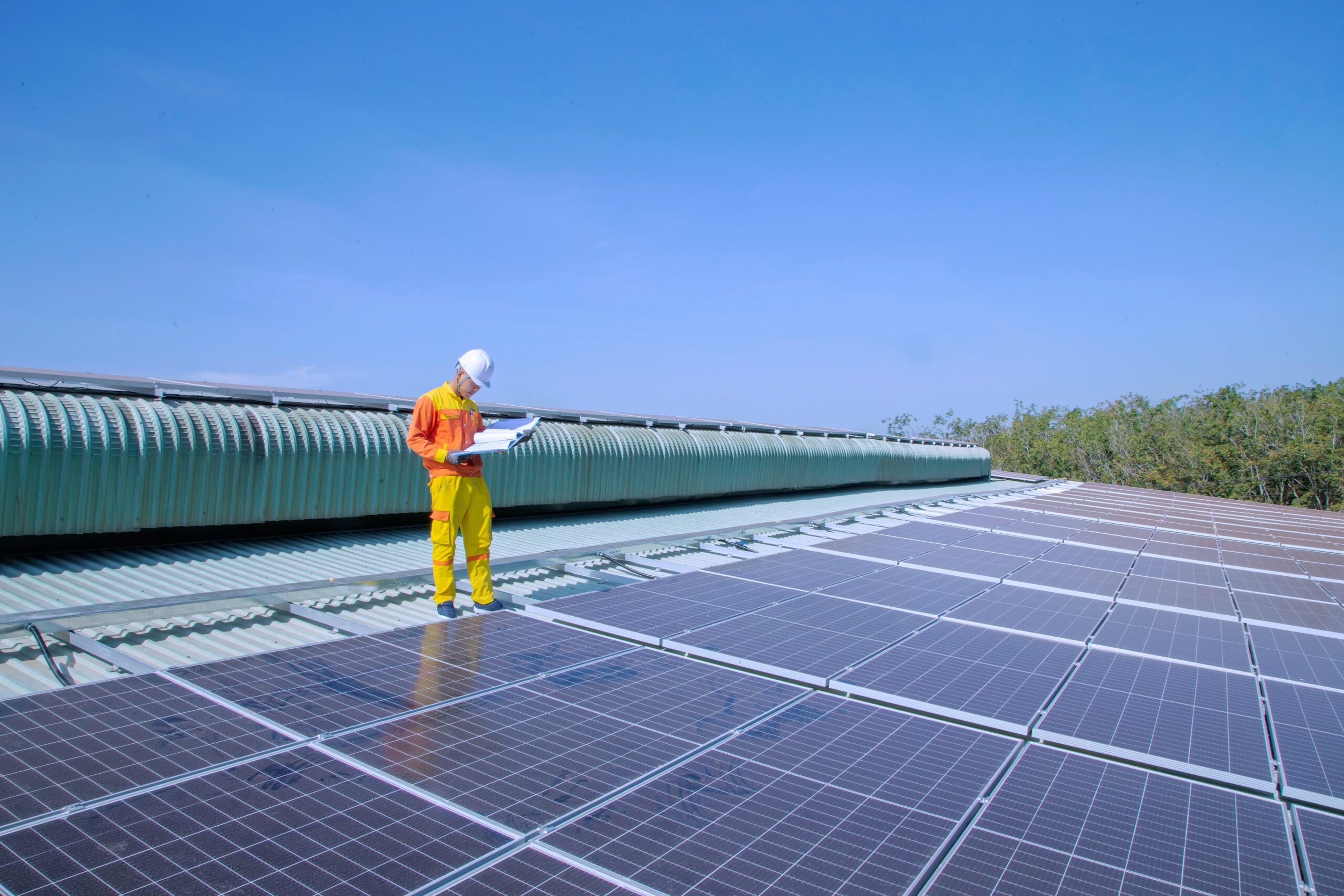Are you ready to take the plunge and invest in solar energy for your home or business? It’s an exciting prospect, but one that requires a great deal of research and understanding.
There are many advantages to investing in solar energy – from environmental benefits to cost savings – but there can also be drawbacks. In this article, we’ll explore the pros and cons of solar energy so you can make an informed decision about whether it’s the right choice for you!
- I. Introduction to Solar Energy
- II. Advantages of Solar Energy: Environmental Benefits and Cost Savings
- III. Cons of Solar Energy: Initial Investment Costs and Maintenance and Monitoring Needs
- IV. Factors to Consider When Deciding on Solar Energy
- V. Different Types of Solar Power Systems Available
- VI .Our Verdict: Is Solar Energy Worth it?
- VII .How to Get Started with Installing a Solar Panel
I. Introduction to Solar Energy
Solar energy is one of the most abundant and renewable sources of energy on earth. It comes from the sun’s rays, which are free and available to everyone.
Solar energy can be used to power many everyday items such as lights, heaters, air conditioners, hot water systems, ovens and even cars! With so many uses for solar energy it is no wonder why this form of renewable energy has become increasingly popular around the world.
II. Advantages of Solar Energy: Environmental Benefits and Cost Savings
Solar energy has become increasingly popular due to its environmental and financial benefits. The main advantage of solar energy is that it is an emission-free source of power and does not emit harmful gases or pollutants into the atmosphere.
Additionally, solar energy can reduce electricity bills as once installed, the sun’s rays are free to use! Solar panels also have a long lifespan, making them a great investment for households looking to make their homes more sustainable.
III. Cons of Solar Energy: Initial Investment Costs and Maintenance and Monitoring Needs
When considering solar energy, it’s important to understand the pros and cons. On one hand, it is a renewable source of energy that emits almost no carbon dioxide or other pollutants into the atmosphere. But one con to consider is the initial investment costs as well as ongoing maintenance and monitoring needs.
To be sure you are getting the most out of your system, regular monitoring will be needed – this can entail additional costs in terms of time and money.
IV. Factors to Consider When Deciding on Solar Energy
When considering solar energy, there are many factors to consider. Firstly, you need to determine whether your home or business is suitable for solar panels and if the area receives enough sunlight.
Solar power can be expensive up front but will save money in the long run, while also reducing our carbon footprint. Other considerations include the efficiency of your system and warranties on equipment such as inverters and batteries.
Solar energy has come a long way over recent years and is becoming more cost-effective every day.
V. Different Types of Solar Power Systems Available
There are several types of solar power systems available, each with its own benefits and drawbacks. Grid-tied systems are the most common type in which excess energy generated is sent back to the local utility grid.
Standalone photovoltaic (PV) systems do not need a connection to a utility grid, while hybrid systems combine both sources of energy—solar and traditional electricity from the grid. Solar thermal systems use solar panels that convert sunlight into heat for hot water or space heating purposes.
Finally, concentrating PV (CPV) technology uses lenses to concentrate sunlight onto highly efficient PV cells for greater efficiency than conventional flat panel PVs can achieve.
VI .Our Verdict: Is Solar Energy Worth it?
Our verdict is that, yes, solar energy is worth it. Solar energy has many benefits for both individuals and businesses. It can reduce or even eliminate electricity bills, as well as reducing carbon emissions in the environment.
Additionally, there are government incentives and tax credits available to those who choose to invest in solar power systems. Solar energy is a great option for anyone looking to save money on their electric bill while also helping protect the planet!
VII .How to Get Started with Installing a Solar Panel
If you’re considering installing a solar panel on your roof, the first step is to research local regulations. Your town or city may have certain guidelines that need to be followed.
You should also contact an experienced and knowledgeable professional who can help you size up your needs and understand what’s involved in the installation process. Once these steps are complete, you’ll be ready to get started with making your home more sustainable!
If you found this article insightful, you should absolutely check out other articles on how you can use the solar energy effectively for various purposes (homes, vehicles, etc.).
